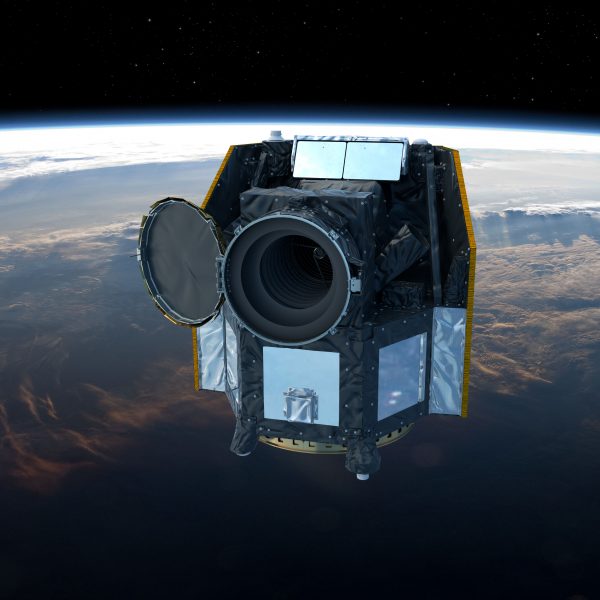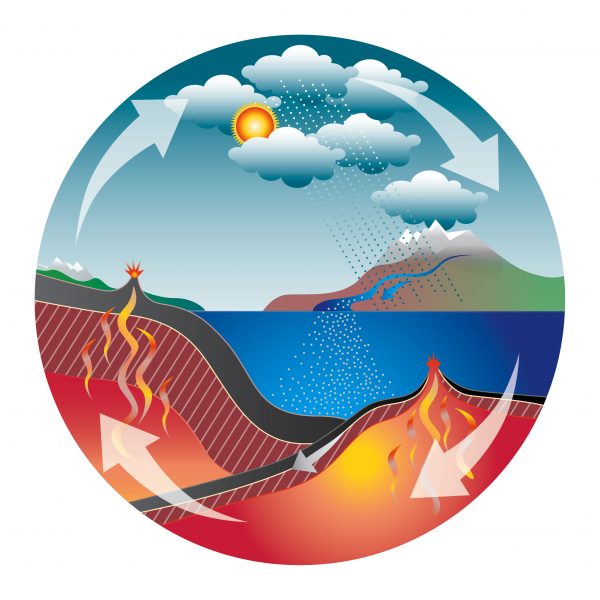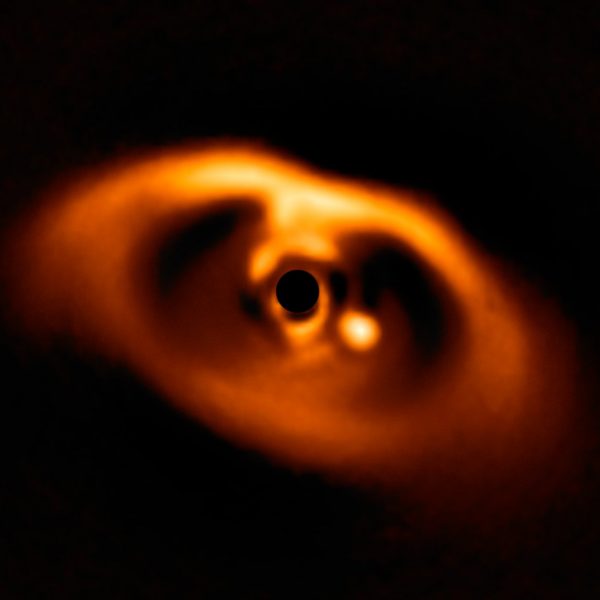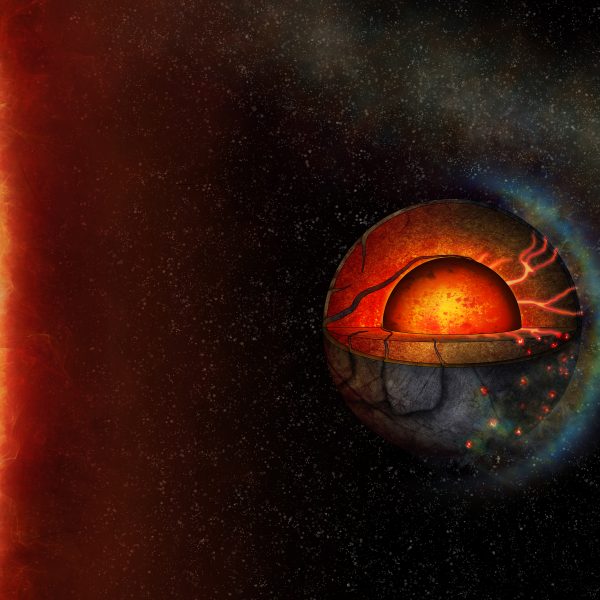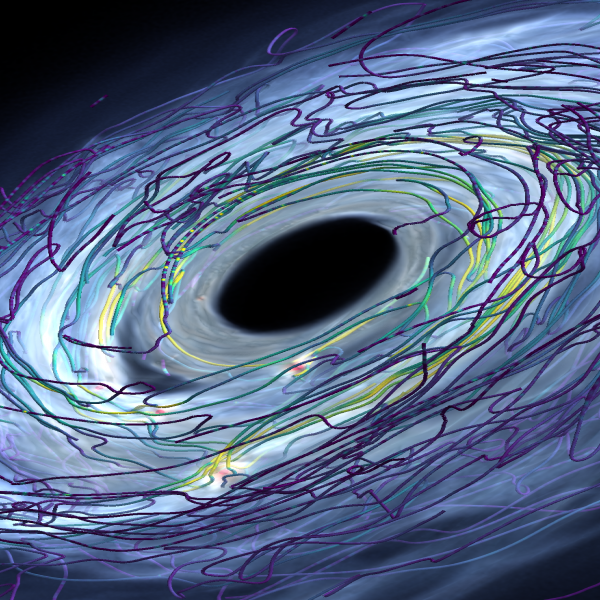News
1 year of operations : Meet the CHEOPS science operations team
To ensure the smooth running of the CHEOPS mission once the satellite is in orbit, operations have been split in two parts : Science Operations in Switzerland with the Scientific Operations Centre (SOC) in Geneva and the Instrument Team in Bern, and the Mission Operations Centre (MOC) in Torrejón, Spain, which is in charge of communication […]
Continue ReadingBench2Biz 2021: save the date!
Bench2biz is a partnership between NCCR academic actors in high-technology fields to support aspiring entrepreneurs to determine rapidly the commercial merit of their idea or invention and offers a unique training within the entrepreneurial training market. More details can be found on the dedicated website https://bench2biz.ch. Participants profit from an objective analysis of their very […]
Continue ReadingExoplanets PhD positions in Geneva
The exoplanet team of the University of Geneva has an opening for two PhD positions to work on detection and characterization of exoplanets through high-precision radial velocity measurements. Focusing on the low-mass range of exoplanets and using the high-precision spectrographs CORALIE, HARPS, HARPS-N, ESPRESSO, and NIRPS, Geneva exoplanets team is strongly involved in blind radial-velocity surveys as well as in the follow-up of transiting […]
Continue ReadingHow the habitability of exoplanets is influenced by their rocks
The weathering of silicate rocks plays an important role to keep the climate on Earth clement. Scientists led by the University of Bern and the Swiss national center of competence in research (NCCR) PlanetS, investigated the general principles of this process. Their results could influence how we interpret the signals from distant worlds – including […]
Continue ReadingCelebrating two decades of SPHERE challenges and achievements
Reaching new heights with 100 consortium publications including the early exoplanet demographics release. The SPHERE (Spectro-Polarimetric High-contrast Exo-planet REsearch) planet imager(1), currently installed and operating at the ESO Very Large Telescope in Chile, aims at imaging and characterizing giant exoplanets and planet-forming disks around stars close to the Sun. This project represents an incredible scientific, […]
Continue ReadingVolcanoes might light up the night sky of this planet
Until now, researchers have found no evidence of global tectonic activity on planets outside our solar system. Under the leadership of the University of Bern and the National Center of Competence in Research NCCR PlanetS, scientists have now found that the material inside planet LHS 3844b flows from one hemisphere to the other and could […]
Continue ReadingPhD position: Geochemical and isotopic investigations of interplanetary dust particles and micrometeorites
The Isotope Geochemistry and Cosmochemistry group (www.isotope.ethz.ch) is a vibrant, international group within the Institute of Geochemistry and Petrology, Department of Earth Sciences. We use chemical and isotopic techniques to understand natural processes on a range of temporal and spatial scales. This includes the formation of the solar system and its planets as well as […]
Continue ReadingPhD Position in Noble Gas Cosmochemistry
The Isotope Geochemistry Group of the Institute for Geochemistry and Petrology at the Department of Earth Sciences is offerering a PhD Position in Noble Gas Cosmochemistry. The PhD project includes cosmochemical investigations to evaluate the origin, distribution and composition of the volatile elements in the solar system. The work will focus on noble gases and their carriers in […]
Continue ReadingA new way of forming planets
Scientists of the Universities of Zurich and Cambridge, associated with the Swiss National Centre of Competence in Research PlanetS, suggest a new explanation for the abundance of intermediate-mass exoplanets – a long-standing puzzle of Astronomy. In the last 25 years, scientists have discovered over 4000 planets beyond the borders of our solar system. From relatively […]
Continue ReadingPhD position in planetary science – cosmic dust / heliosphere
The Astrophysical dust group at the ETH Zürich focuses on the science of cosmic dust nearby and inside the solar system. The main methods used are computer simulations for studying the dust dynamics, and in situ measurements by spacecraft that carry a dust detector on board. We collaborate with researchers in Switzerland and abroad, in […]
Continue Reading
